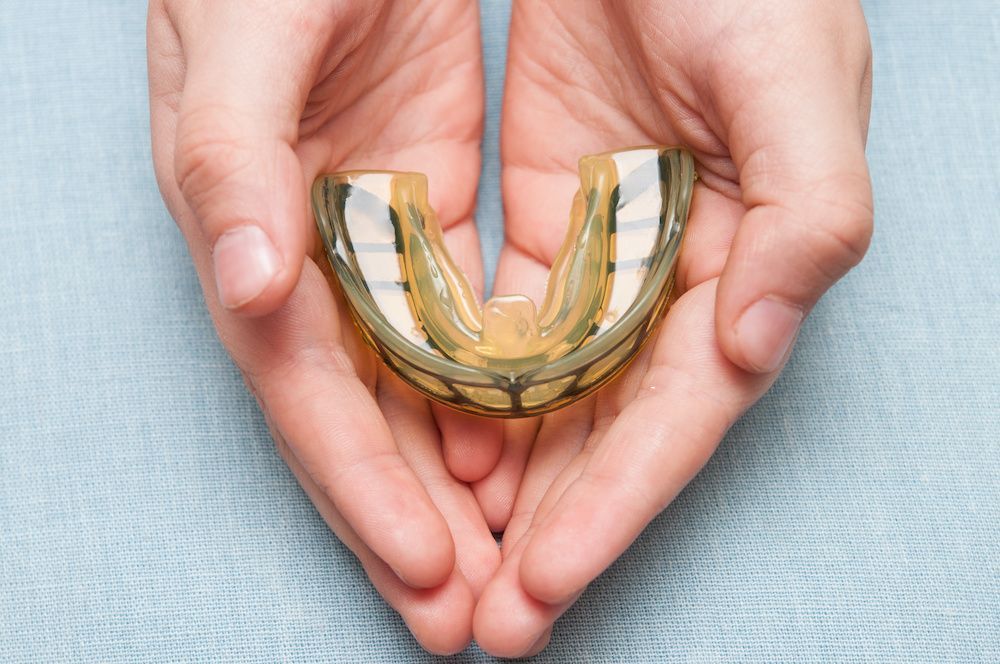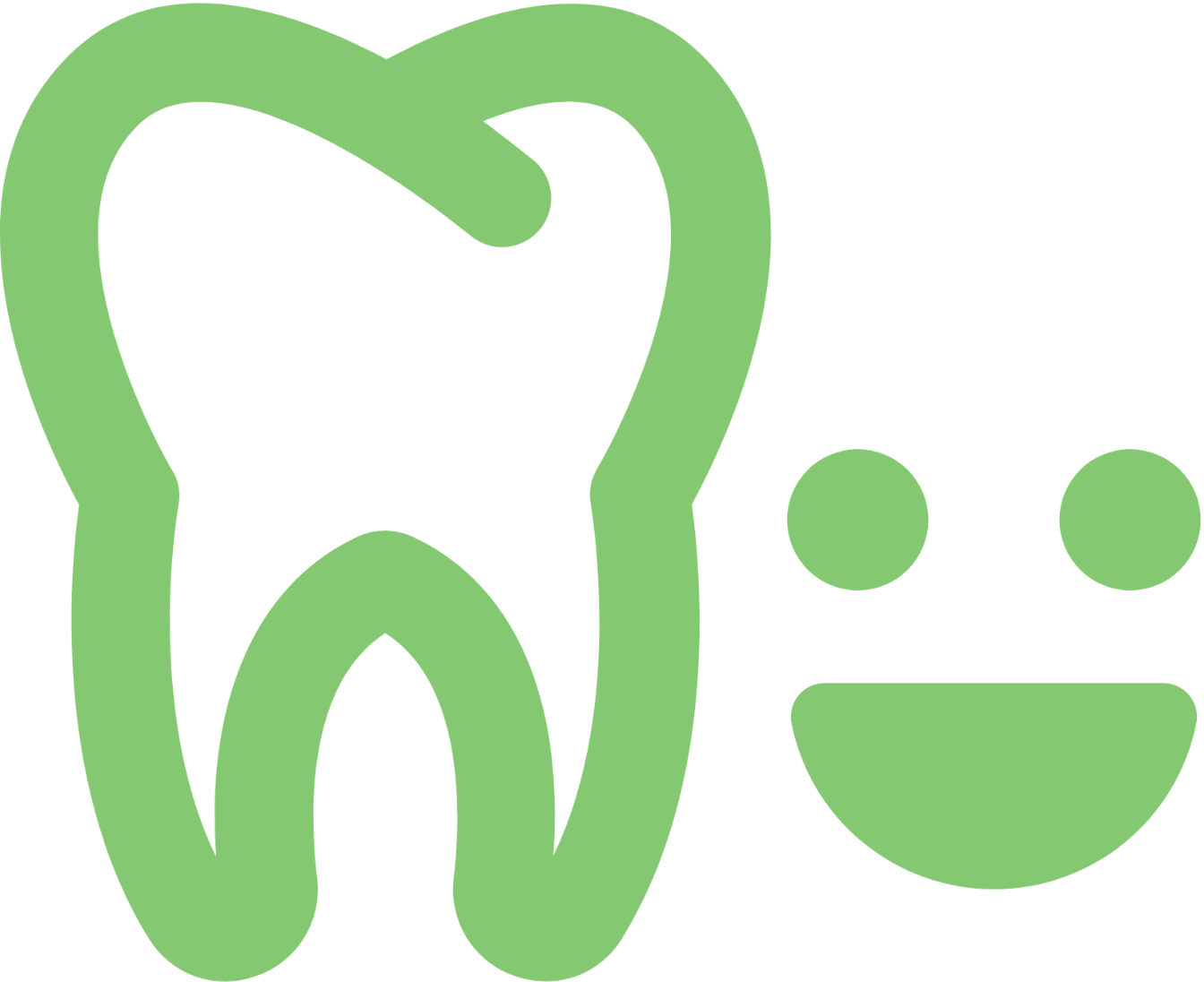TMJ Treatment in Naperville, IL
What Is TMJ?
TMJ is an acronym that stands for temporomandibular joint disorder. This is when you have dysfunction in the joint that connects the skull and jaw together and is responsible for sliding actions.
TMJ results in decreased mobility and increased pain and tenderness. Sometimes it’s the specific joint itself that has been damaged or compromised or it can be the surrounding muscles in the jaw. Contact our office today to schedule a consultation.


Did You Know…
We can identify TMJ by assessing your self-reported symptoms and performing an oral exam.
Ready To Schedule Your
Appointment?
Our TMJ Treatment Process
Oral Exam
During your consultation with our Naperville dentist, we will assess your reported symptoms and examine your jaw, throat, and surrounding tissues to look for signs that can support a diagnosis.
Impressions
If you have TMJ, we will need to take digital scans of your mouth so we can create a custom mouthguard for you.
Mouthguard Fabrication
Your impressions will be sent to a dental lab that will take a few weeks to fabricate the nightguard and send it back to us.
Wearing Your Mouthguard
Once we receive the night guard at our office, we’ll call you back for another appointment so we can check that they fit properly and you can begin your treatment.
Dental Our Treatments For TMJ

Did You Know…
Bruxism is closely linked to TMJ and can cause enamel erosion or chipped teeth without a mouthguard
Do You Need A Night Guard?
Have Questions About TMJ? Find Answers Here.

Did You Know…
because your jaw joint is closely connected to your ears, inflammation and damage to your jaw can lead to hearing difficulties.
